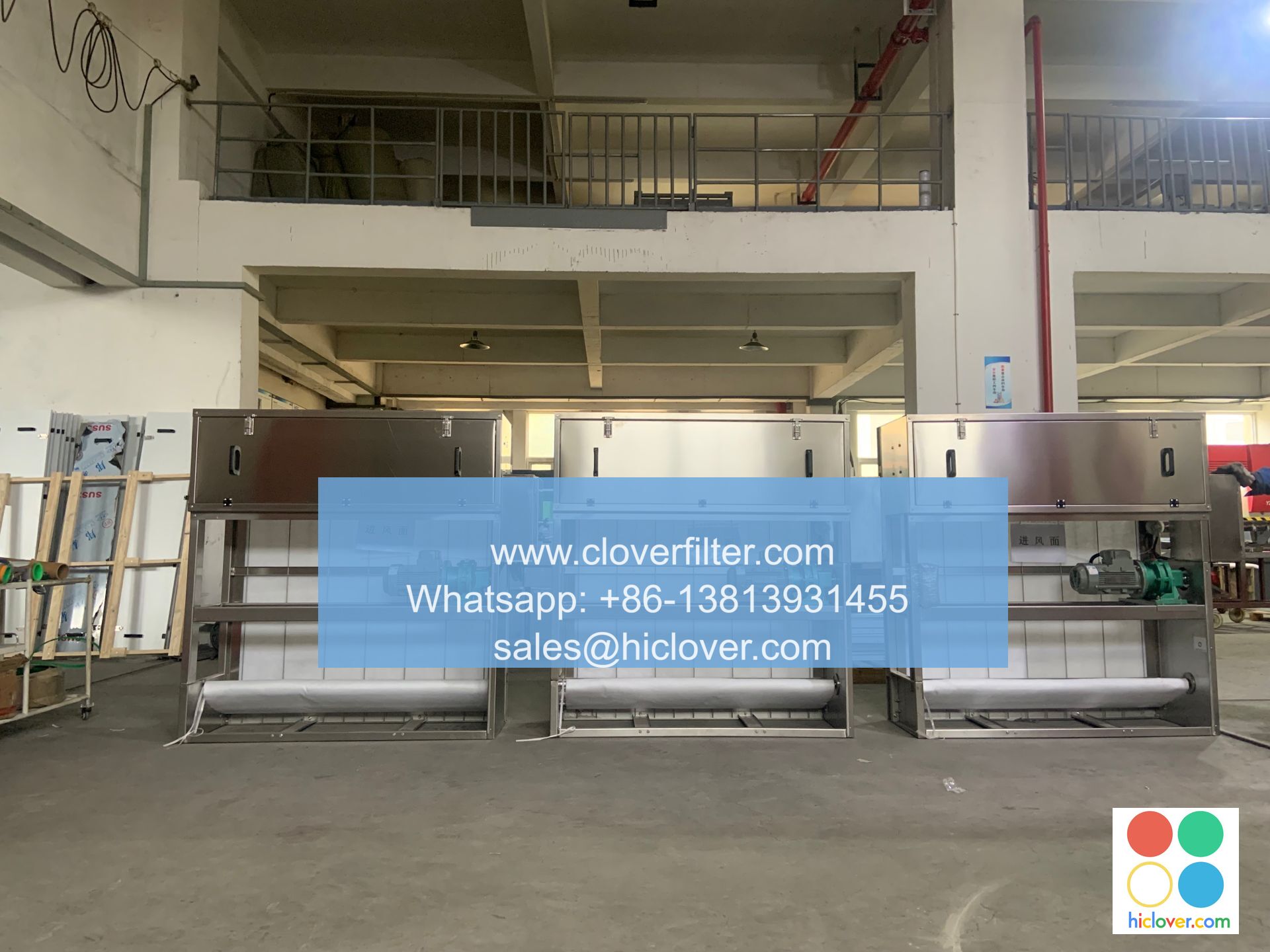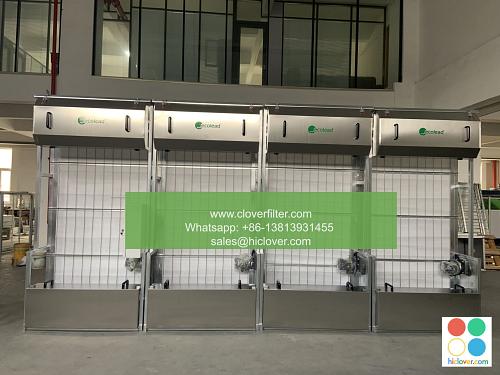Air Filter Maintenance for International Airports

As international airports continue to grow and expand, the importance of maintaining clean air and efficient operations has become increasingly critical. One crucial aspect of achieving this is through regular air filter maintenance. In this article, we will explore the significance of air filter maintenance for international airports, highlighting various application areas and emphasizing the use of High-Efficiency Particulate Air (HEPA) filters and Activated Carbon filters to ensure optimal air quality and Indoor Air Quality (IAQ) management.
Introduction to Air Filter Maintenance
Air filter maintenance is a vital process that involves the regular inspection, cleaning, and replacement of air filters used in Heating, Ventilation, and Air Conditioning (HVAC) systems and Air Handling Units (AHUs). This is essential to prevent the buildup of dust, dirt, and other contaminants that can compromise air quality, increase energy consumption, and lead to equipment failure. International airports, in particular, require stringent air filter maintenance schedules to ensure the health and comfort of passengers, staff, and aircraft personnel.
Application Areas for Air Filter Maintenance
Air filter maintenance is crucial in various application areas within international airports, including:
* Terminal buildings: Air filters used in terminal buildings must be regularly maintained to ensure clean air and a healthy environment for passengers.
* Air traffic control towers: Air filters used in air traffic control towers must be maintained to prevent equipment failure and ensure smooth operations.
* Aircraft hangars: Air filters used in aircraft hangars must be regularly maintained to prevent the buildup of dust and contaminants that can damage aircraft engines and components.
* Baggage handling areas: Air filters used in baggage handling areas must be maintained to prevent the buildup of dust and contaminants that can compromise air quality and equipment performance.
Benefits of Regular Air Filter Maintenance
Regular air filter maintenance offers numerous benefits, including:
* Improved indoor air quality: Regular air filter maintenance ensures that air filters are working efficiently to remove contaminants and pollutants from the air.
* Increased energy efficiency: Clean air filters can help reduce energy consumption by allowing HVAC systems to operate more efficiently.
* Extended equipment lifespan: Regular air filter maintenance can help extend the lifespan of HVAC equipment and AHUs by preventing the buildup of dust and contaminants.
* Enhanced passenger experience: Clean air and a healthy environment can enhance the overall passenger experience, leading to increased customer satisfaction and loyalty.
Best Practices for Air Filter Maintenance
To ensure effective air filter maintenance, international airports should follow best practices, including:
* Regular inspections: Air filters should be regularly inspected to identify signs of wear and tear, damage, or contamination.
* Scheduled maintenance: Air filters should be maintained on a scheduled basis, depending on the manufacturer’s recommendations and airport operations.
* Use of high-quality air filters: International airports should use high-quality air filters, such as HEPA filters and Activated Carbon filters, to ensure optimal air quality and IAQ management.
* Training and education: Airport staff and maintenance personnel should receive regular training and education on air filter maintenance and IAQ management best practices.
Conclusion
In conclusion, air filter maintenance is a critical aspect of ensuring clean air and smooth operations in international airports. By highlighting various application areas and emphasizing the use of HEPA filters and Activated Carbon filters, airports can ensure optimal air quality and IAQ management. By following best practices and scheduling regular maintenance, international airports can provide a healthy and comfortable environment for passengers, staff, and aircraft personnel, while also reducing energy consumption and extending equipment lifespan. It seems like you haven’t asked a question or provided any context for me to respond to. Could you please provide more information or clarify what you would like to discuss? I’m here to help with any questions or topics you’d like to explore.

